Net Zero - Who's who?
On this page you'll find a lot useful people and their contact details for all things Net Zero related.
Header Text
Footer Text
Header Text
Footer Text
Header Text
Footer Text
On this page you'll find a lot useful people and their contact details for all things Net Zero related.

Local Case Studies - heating - heat pumps and IR heating, LED lighting, cavity wall insulation
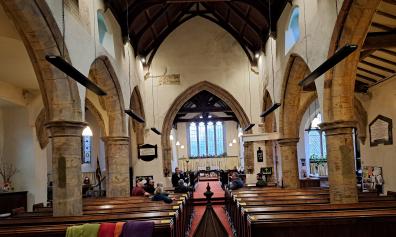
We've launched the Carbon Confidence course. Over thirty people have completed this introductory course so far. You can register to attend future events.

We have infrared thermal imaging cameras and digital thermo/hygrometers available for loan to churches and schools.
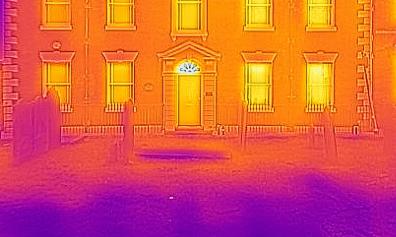
for example - non technical guides and case studies

We're recruiting volunteers to support our Eco Church, environmental and Net Zero ambitions.
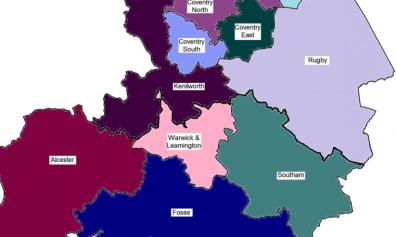
We're using a Podcast series to communicate the Net Zero message more widely.
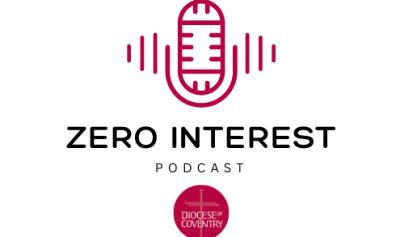
General Synod voted in February 2020 for the whole of the Church of England to achieve net zero carbon by 2030.

The Energy Footprint Tool (EFT) is available to all Church of England churches using the Online Parish Returns System and enables us to gather information on current energy usage and carbon emissions across our Diocese. Please enter your data from 2024 before the end of June.
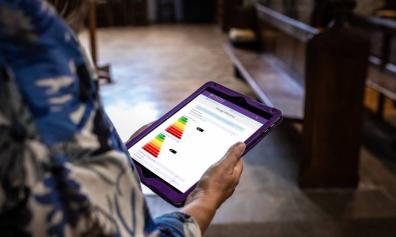
In February 2020 General Synod passed a motion committing the Church of England to reach net zero carbon by 2030, bringing forward it's proposed target date by 15 years. To achieve this target it is clear that every church building, school and other church property will need to play its part, and as Archbishop Justin Welby clearly explains, "Reducing the causes of climate change is essential to the life of faith. It is a way to love our neighbour and to steward the gift of creation.".
